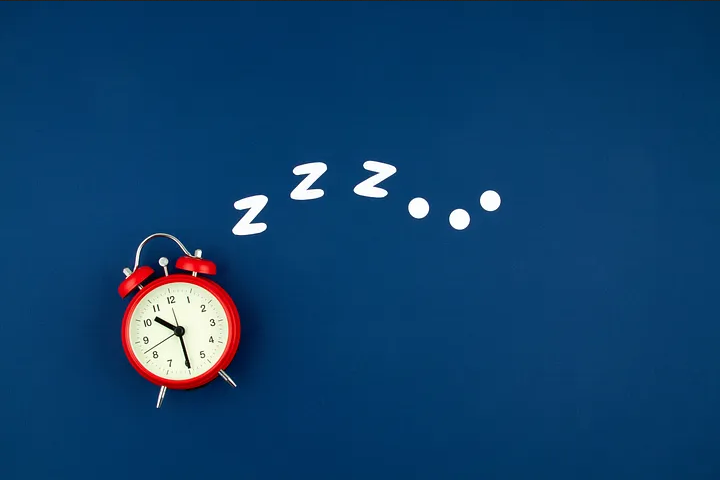
DO YOU GET ENOUGH SLEEP? A new study shows insufficient sleep and trouble sleeping are strongly associated with a higher risk of high blood pressure in women. This essay explores pillow talk: How sleep whispers to your blood pressure.
I’ll also give you ten ways you can reduce your blood pressure.
“After sleeping through a hundred million centuries we have finally opened our eyes on a sumptuous planet, sparkling with color, bountiful with life. Within decades we must close our eyes again. Isn’t it a noble, an enlightened way of spending our brief time in the sun, to work at understanding the universe and how we have come to wake up in it? This is how I answer when I am asked — as I am surprisingly often — why I bother to get up in the mornings.” ― Richard Dawkins.
What is Hypertension?
Hypertension (high blood pressure) is a prevalent medical condition that affects a significant portion of the global population. The condition is characterized by the force of blood against the walls of the arteries being consistently too high.
Unfortunately, high blood pressure is widespread, with estimates suggesting that approximately one in three adults worldwide suffers from high blood pressure.
Close-up of an arm with a blood pressuring measuring cuff on it. High blood pressure is widespread, with estimates suggesting that approximately one in three adults worldwide suffers from high blood pressure.
Photo by CDC on Unsplash
Hypertension is considered one of the most common health problems, particularly in developed countries.
The American Heart Association reminds us that unmanaged high blood pressure can lead to stroke, visual loss, heart attack, heart failure, kidney disease (or failure), and sexual dysfunction.
You may not feel anything is wrong, but hypertension could be quietly causing damage that can threaten your health.
I Regularly Monitor My Blood Pressure